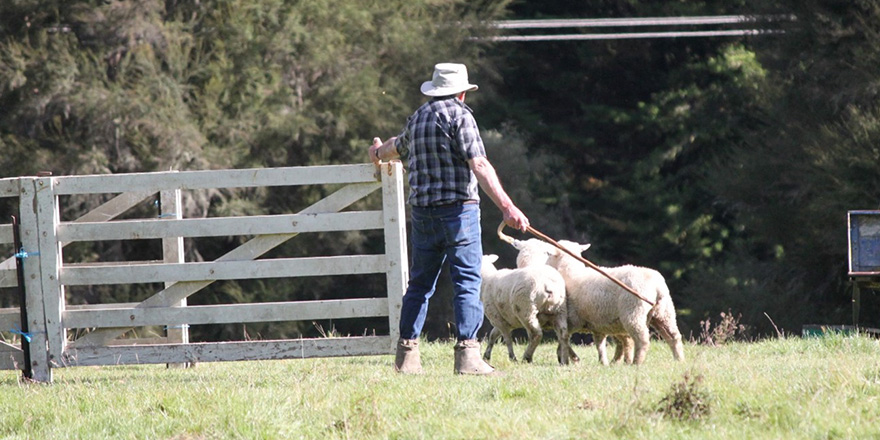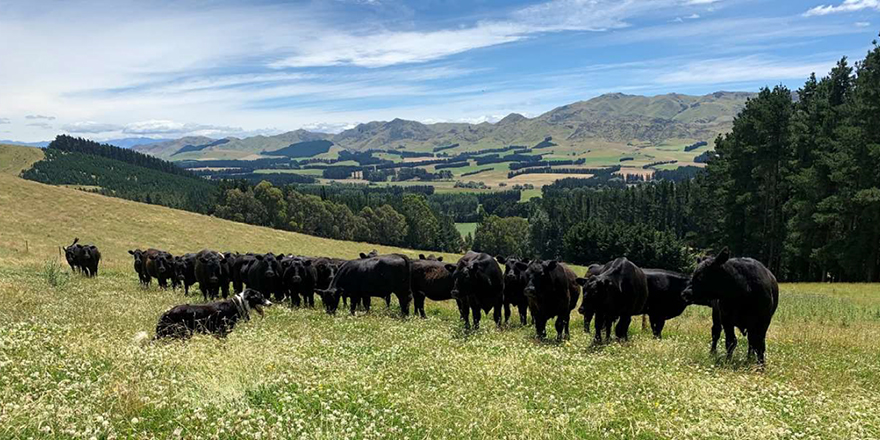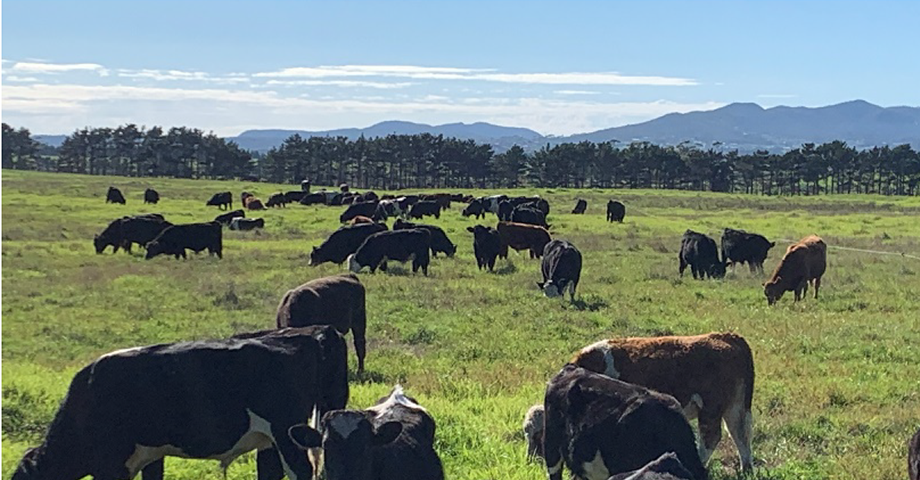
Executive summary
To this day New Zealand’s food and fibre sector continues to lead economic recovery through the Covid-19 response. This sector thrives on challenges and makes the most of opportunities to further develop.
With an increase in success, there is also an increase in challenges. Some of these challenges are supply chain disruptions, rising costs of fuel and fertiliser, workforce challenges, floods, drought, and the increase in new regulations.
This report aims to better understand how the food and fibre sector can better support older farmers. I aim to better understand the changes and challenges older farmers are currently facing.
To produce recommendations, this report will further research into adopting change, farmer mindset, reverse mentoring, learning preferences, key drivers, and challenges they face as older farmers.
Older farmers enjoy the farming lifestyle and make their systems work for them. As farmers age, they start to show less desire and ability to be as productive and innovative as they were at mid-age. They focus on looking after their health by adopting new smarter ways of working.
Older farmers are feeling frustrated and confused about the new policy that is being brought out with little consultation and feedback opportunities.
From my findings, there is a great opportunity to further educate older farmers through a reverse mentoring model. This system provides an opportunity for both older farmers and younger farmers to communicate through generations.
This system will increase the sharing of perspectives and skill sets. And it can also promote more innovative and act as a cost-effective professional development tool that capitalizes on building bridges between generations.
Recommendations:
- Establish a reverse mentoring system where younger farmers help educate older farmers on the usage of technology or other methods on farm.
This method will help to increase the level of communication between different generations to help increase the level of change.
There is great potential for the food and fibre sector to adopt this method into businesses to create more success. - Industry support organisations should develop more one-on-one and small-group support workshops. These workshops need to be consistent, as education is never a once-off. Little to no charge for this workshop as older farmers rarely invest in their education. Learning methods should be targeted at the audience.
- Encourage older farmers to participate in a community catchment group. This is a great chance for older farmers to share knowledge and learn from others. Community catchment groups are local, low cost and farmer led.
- Close the gap between farmers and the government. Farmers need more trust from the government to implement change that is driven by the government. The government needs to be clearer about its intentions for policy and put more time and effort into the consultation process.
I recommend that with the consultation process, there should be more time spent going out to farmers in their community.
This will show more effort from the government and simply give the farmers the best opportunity to attend the consultation process and provide feedback. - Improve connectivity of cell phone coverage and faster internet for rural communities. Central government should provide more resources to help achieve this, as poor connectivity to this infrastructure is a barrier to farmers’ uptake of technology and change.




